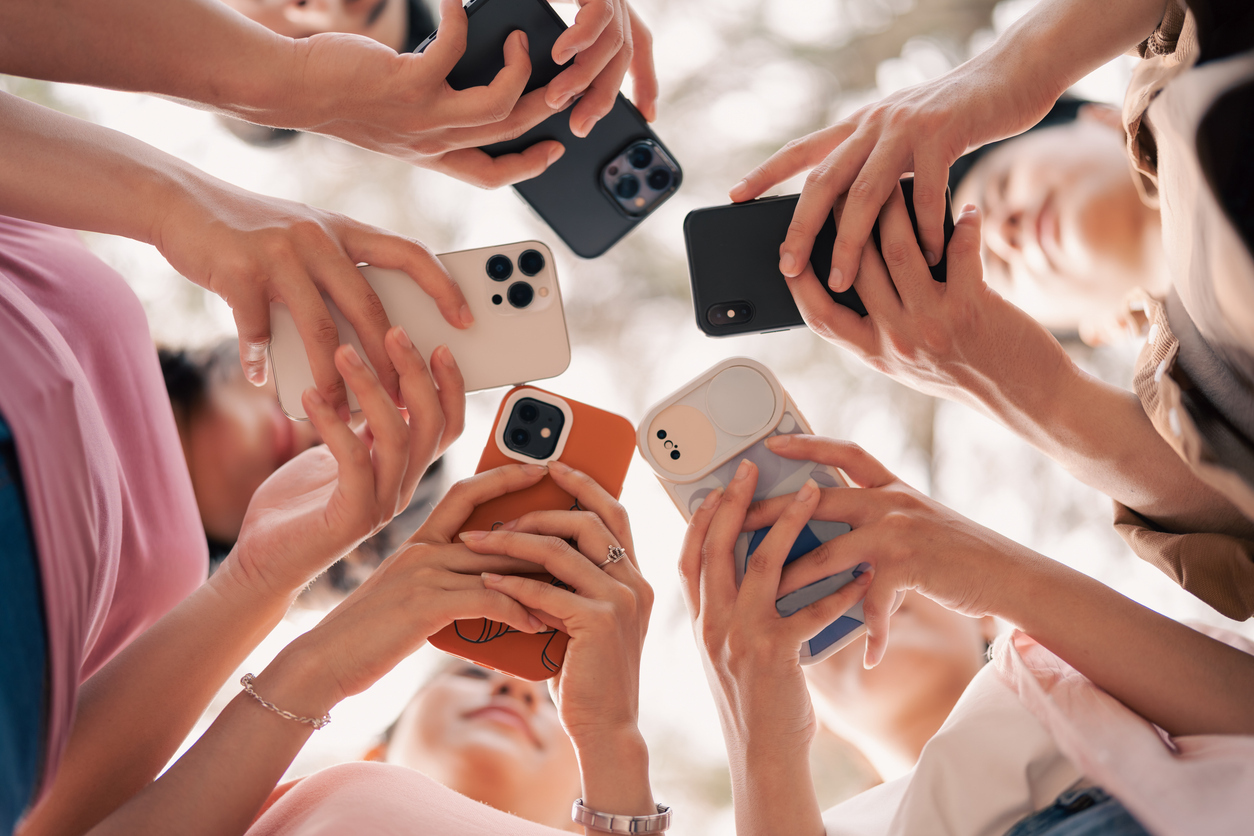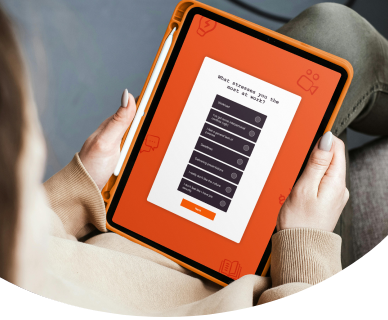Move over Boomers, cuz Gen Z is taking over at the office.
Well, in numbers at least. That’s according to a study from Glassdoor, which predicts that Gen Z is expected to overtake baby boomers in the workforce by the end of 2024.
For those who aren’t aware, Gen Z consists of individuals born roughly between 1997 and 2012. This generation is the first true group of digital natives, having been raised in the era of smartphones and social media, which significantly influences their communication habits, workplace expectations, and professional behavior.
As such, they are a gifted generation of new workers with a lot of creative ideas. They are passionate about what they believe in, are eager to take action to better their future, and they foster healthy doses of both realism and idealism… So why is it that they seem to be the communal punching bag for all the generations before them?
With some help from Dr. Mary Donohue and her class, “Managing an Intergenerational Team,” we’ve decided to take a closer look at Gen Z in the professional space, why they often get a bad rep, and how we can all work together in a more collaborative and supportive way.
Here are three common things we all say—and get wrong—about our most tech-savvy generation:
What People Say: “Gen Z is too technology-dependent and is always attached to their phones.”
We’ve all heard someone complain about how Gen Z cannot function without technology at their fingertips, usually grumbling about how “they are always glued to their devices.”
It’s easy to see why this assumption exists, as Gen Z has grown up with the internet and digital communication tools integral to their daily lives. However, labeling them as overly dependent on technology overlooks their ability to leverage these tools effectively for multitasking and efficient communication.
As Dr. Mary points out: “They’re visual, kinesthetic learners—they tend to use words that are grounded in the senses, words that really engage like ‘see, feel, look,’ This learning style makes them an asset in the office.”
In other words, we should embrace their tech-savviness in the workplace by integrating modern communication tools that align with their proficiency. This not only plays to their strengths, it will also probably boost your offices operations and systems as a whole to be more efficient and less hands on.
What People Say: “Their communication skills are unprofessional.”
While it’s generally true that Gen Z prefers texting and social media, it does not mean that they lack the ability to engage in professional, formal communication.
As we’ve already established, they grew up in a technological age. With that age came the access to nearly instantaneous information, so it’s only natural that Gen Z favors concise and rapid communication forms. However, it doesn’t necessarily mean they’re incapable of formal interactions.
They may not prefer traditional methods, but they can adapt when the context requires.
At the end of the day, it is up to the employers to set expectations. Dr. Donohue says, “On your onboarding, you’re going to want to ensure that you talk about what your rules are for answering the phone, what your rules are for voice.”
Providing clear guidelines and training on professional communication standards helps bridge the gap. It’s about helping them understand when and how to use different communication styles effectively.
What People Say: “They never want to engage.”
In-person meetings and phone conversations—apparently, Gen Z hates them?
This assumption often stems from their comfort with digital platforms. However, it’s not an aversion to personal interaction but rather a reflection of their environment and the communication evolution they’ve grown up with.
“This generation is hungry for learning,” says Dr. Mary, suggesting that Gen Z is open to developing new skills, including face-to-face communication. Incorporating more interactive and engaging methods such as video calls or in-person meetings can help them develop these essential skills. Encouraging a culture of open communication and mentorship can also provide them with opportunities to practice and improve their interpersonal interactions.
While we acknowledge that adapting and expectations is best when met both ways, it often feels as though it’s always the people in authority thinking the adjustments needing to be made are the sole undertaking of the younger generation. But think about the first job you ever started at. Did you know everything going in? Of course not, but with a little guidance and some time, you were able to adapt and eventually, find what it took to thrive in your position. So why shouldn’t your new Gen Z hires get that chance?
Understanding Gen Z’s unique characteristics and communication preferences is crucial in today’s diverse workplace. By debunking common assumptions and adapting workplace practices to meet their strengths, organizations can foster a more inclusive and productive environment.
For more, check out The Optimism Library.











